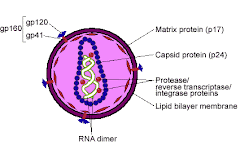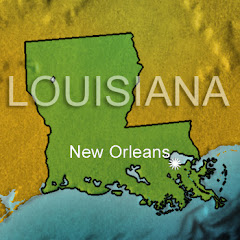"Depending on which international agency you ask, criminals launder anywhere between 500 billion and $1 trillion worldwide every year. The global effect is staggering in social, economic and security terms.
On the socio-cultural end of the spectrum, successfully laundering money means that criminal activity actually does pay off. This success encourages criminals to ontinue their illicit schemes because they get to spend the profit with no repercussions. This means more fraud, more corporate embezzling (which means more workers losing their pensions when the corporation collapses), more drugs on the streets, more drug-related crime, law-enforcement resources stretched beyond their means and a general loss of morale on the part of legitimate business people who don't break the law and don't make nearly the profits that the criminals do.
The economic effects are on a broader scale. Developing countries often bear the brunt of modern money laundering because the governments are still in the process of establishing regulations for their newly privatized financial sectors. This makes them a prime target. In the 1990s, numerous banks in the developing Baltic states ended up with huge, widely rumored deposits of dirty money. Bank patrons proceeded to withdraw their own clean money for fear of losing it if the banks came under investigation and lost their insurance. The banks collapsed as a result. Other major issues facing the world's economies include errors in economic policy resulting from artificially inflated financial sectors. Massive influxes of dirty cash into particular areas of the economy that are desirable to money launderers create false demand, and officials act on this new demand by adjusting economic policy. When the laundering process reaches a certain point or if law-enforcement officials start to show interest, all of that money that will suddenly disappear without any predictable economic cause, and that financial sector falls apart.
Some problems on a more local scale relate to taxation and small-business competition. Laundered money is usually untaxed, meaning the rest of us ultimately have to make up the loss in tax revenue. Also, legitimate small businesses can't compete with money-laundering front businesses that can afford to sell a product for cheaper because their primary purpose is to clean money, not turn a profit. They have so much cash coming in that they might even sell a product or service below cost.
The majority of global investigations focus on two prime money-laundering industries: Drug trafficking and terrorist organizations. The effect of successfully cleaning drug money is clear: More drugs, more crime, more violence. The connection between money laundering and terrorism may be a bit more complex, but it plays a crucial role in the sustainability of terrorist organizations. Most people who financially support terrorist organizations do not simply write a personal check and hand it over to a member of the terrorist group. They send the money in roundabout ways that allow them to fund terrorism while maintaining anonymity. And on the other end, terrorists do not use credit cards and checks to purchase the weapons, plane tickets and civilian assistance they need to carry out a plot. They launder the money so authorities can't trace it back to them and foil their planned attack. Interrupting the laundering process can cut off funding and resources to terrorist groups.
So the next question is: What are authorities doing to prevent money laundering?"
Monday, September 10, 2007
The Effects of Money Laundering
Blogs'FamilyCorruptionInTheBigEasy||
FamilyCorruptionInTheBigEasy: Part 2
Posted by
Boop
at
12:34 AM
![]()
Labels: crime, drugs, effects, money laundering, prostitution
Subscribe to:
Post Comments (Atom)


















No comments:
Post a Comment